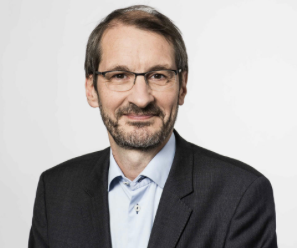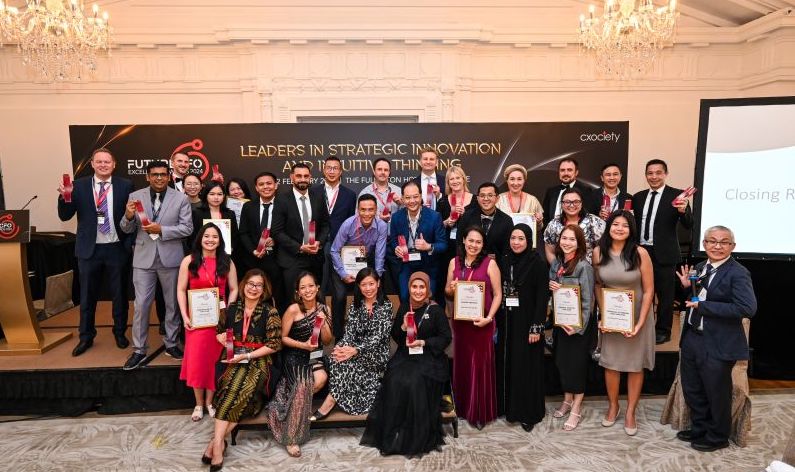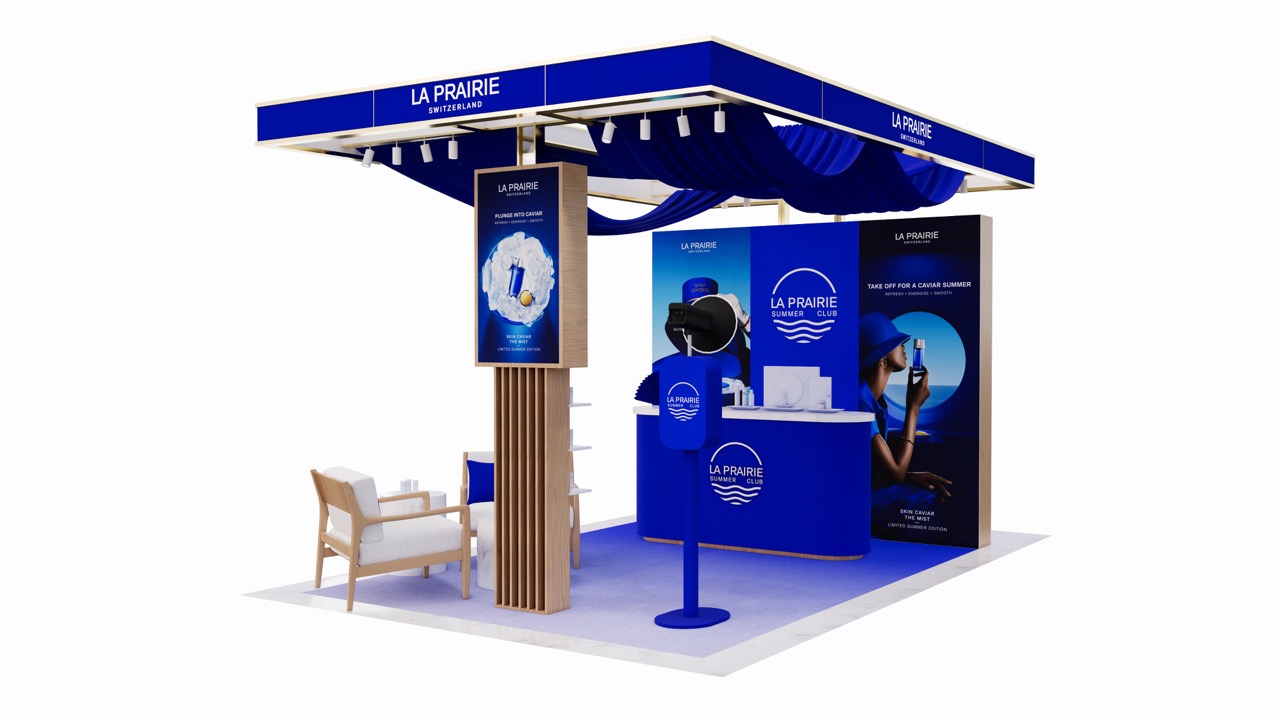EUROPE/INTERNATIONAL. Lagardère Travel Retail Chairman and CEO Dag Rasmussen has today sent out a strong rallying call for a travel retail industry comeback and gave strong views on the threat of ecommerce to the business.
He was speaking in a key session of the Moodie Davitt Report Knowledge Hub, as Martin Moodie put many of the big issue questions currently facing travel retail to the leader of a business which operates 4,800 stores across travel essentials, duty free, fashion and foodservice in airports, railway stations and other concessions in 39 countries.

Giving his vision of what lies ahead of the COVID-19-ravaged travel retail industry, he said: “We believe in a strong future for travel retail. It’s where the major launches should take place. It’s where the best products are most-promoted, it is where we can create experiences that capture shoppers, better than any other shopping environment in the world.
“What we’re missing now is passengers. Simple as that, and I’m confident that once travellers are reassured on certain conditions, they will travel again. We are already seeing that in China.
“I think we should be ambitious. And travel retail can be the first continent of the retail sector and evolve even stronger. We should be the continent brands want to enter first”
“I think we should be ambitious. And travel retail can be the first continent of the retail sector – by quality, attractiveness and as a launch engine – and evolve even stronger. We should be the continent brands want to enter first. First, because we have the best customer profile. We have people who come to us, more than downtown, we don’t have to bring the passengers, airlines and airports do that for us.”
Asked if he was concerned about brands closing travel retail departments, downscaling operations and concentrating resources elsewhere, Rasmussen replied: “The way brands organise themselves is obviously up to them. I think it’s much more efficient when they do have these great TR divisions because we grow a very good understanding with them – the more focused the brand [on travel retail] we have, the better.

“At the end of the day, if we have the best passengers in the world, we have great stores, great experience… the brands will be convinced. And I think, after some time, they will really want to reinvest.”
Pointing out that Lagardère already has “good risk hedging” in its portfolio, Rasmussen refuted the suggestion that travel retailers should be pivoting more towards downtown investments. He said: “Downtown investment is not our top priority if we are to invest in growth. I would consider consolidation opportunities [from within travel retail] if any arise rather than going into other segments. Each segment has its own challenges and downtown have had their own as well. So I prefer to keep focused on what I think we do well.”
“We should focus on digital making the in-store experience the best it possibly can be, through signage, through information, through payment, through speaking to the people digitally before and after they travel”
His provocative statement on the threat of ecommerce to the travel retail channel was qualified with an acceptance of the importance of mixing digital with the physical environment of stores. He said: “We have seen ecommerce as a rising part of retail for a long time. For many years we have said that there were two growing and attractive segments in retail and that was ecommerce and travel retail.
“I’m not sure ecommerce per se will fundamentally change the way we do business today. In some parts of the world like China, the ecommerce proposition via social media and livestreaming is something which works very well and will continue to accelerate.

“But ecommerce in Europe and North America is much more limited. I think our biggest opportunity is the enhancement of the in-store experience, using digital. We have these top consumers coming to us [through the airports]; we should focus on digital making the in-store experience the best it possibly can be, through signage, through information, through payment, through speaking to the people digitally before and after they travel.”
Ecommerce, he added, “is much more of a competition to downtown retail than to travel retail”. He added: “If we rank competitors, downtown is becoming weaker. Ecommerce is attractive but it needs to discount prices, which is not the best use of our business model – when you have high percentage rents that doesn’t work.
“Flexibility and agility is something we really need to work on. We are ready and I know that many brands and many airports are ready as well”
“I’m not arrogant about the threat of ecommerce, it is competition. But we [travel retailers] have assets, which nobody else has. And that’s what we have to work on. We shouldn’t forget our fundamentals.”
Addressing retailer-airport business model issues, Rasmussen acknowledged the pressure on travel retailers with so few travellers passing through airports. He said: “The difficulty is that with the growth, we have opened new terminals, new airports, new square metres [of stores], which means that the cost basis is higher. We can survive with 10-15% less passengers so this COVID-19 period, puts us maybe a couple of years back.

“So it’s not a disaster if we’re able to adapt the business model, which means maybe having some stores which are closed, we should optimise opening hours, maybe we should review the way we staff our stores. We have possibilities if we discuss with airports and with brands to decrease the cost basis. And that’s what we need to do.”
Rasmussen stressed the need for long contracts and master concessions that allow retail operators to absorb difficult periods and make changes to keep Lagardère Travel Retail’s offer “relevant” to the passenger, as passenger tastes and needs change over time. He said: “So flexibility and agility is something we really need to work on. We are ready and I know that many brands and many airports are ready as well.”
On the subject of Minimum Annual Guarantees (MAGs), Rasmussen suggested there needs to be a mixture of fixed rents, profit sharing and indexing to passenger numbers. He said: “When you speak about the [risk] share between all parties, for me, it’s really all about balance, risk and profit. And if you take some risks out, you get a higher optimum.”
Many other important travel retail themes were covered in the full session, and you can watch it on demand here.
An in-depth feature on Rasmussen’s session will follow on The Moodie Davitt Report channels.













